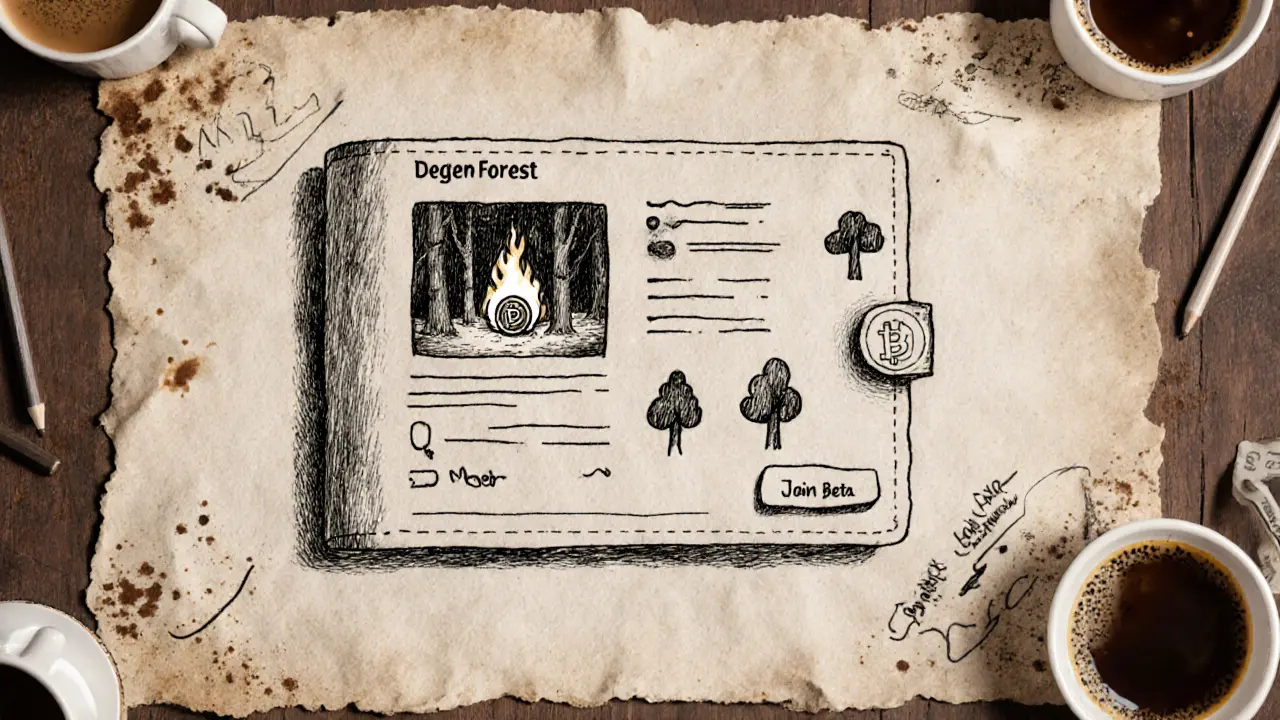Crypto Token Explained: What They Are, How They Work, and What to Watch For
When you hear crypto token, a digital asset built on a blockchain that represents ownership, access, or utility within a network. Also known as token, it can be anything from a currency like ETH to a membership pass for a game or a share in a decentralized protocol. Not all tokens are created equal. Some power real systems—like Chainbase (C), which feeds AI models with blockchain data across 200+ networks. Others, like Zeus (ZEUS) or W Coin (WCO), exist only as speculative bets with no team, no whitepaper, and no future.
A tokenomics, the economic design behind a crypto token, including supply, distribution, and incentives. Also known as token economy, it determines whether a token survives or dies. Look at the SPIN airdrop by Spintop: it gave tokens to early users who actually used the platform. That created real demand. Contrast that with GDOGE or SafeLaunch SFEX—both had fake airdrops, zero trading volume, and vanished. Their tokenomics didn’t reward users; it lured them in and then left them with worthless assets. The same goes for NFT airdrops like TopGoal’s, where promises were made but never delivered. A good tokenomics model ties value to usage. A bad one ties value to hype.
Then there’s the crypto scam, a fraudulent scheme designed to trick people into sending crypto under false pretenses like fake airdrops, rigged exchanges, or phantom projects. Cryptobuyer Pro, HyperBlast, and Blackhole DEX all look legit on the surface—until you dig deeper. They lack transparency, regulation, or real security. Scammers use CoinMarketCap listings to trick beginners into thinking a token is verified. But CoinMarketCap doesn’t approve projects—it just lists them if they meet basic technical requirements. That’s why you see tokens like PunkCity (PUNK) or Dogelon Mars (ELON) on major sites, yet still carry massive risk. A listing doesn’t mean safety. It just means the code ran.
What’s left are the real builders—like ZKSwap, which uses ZK-Rollups to make trading gas-free, or TokenSets, which automates trading strategies without charging fees. These aren’t get-rich-quick plays. They solve actual problems. And that’s the difference. A crypto token isn’t just a number in your wallet. It’s a bet on whether the team behind it can deliver something useful—or if they’re just taking your money and running.
Below, you’ll find real stories of tokens that rose, crashed, or vanished. Some were scams. Others were misunderstood. All of them teach you how to tell the difference before you invest.
What is Degen Forest (MOOLA) Crypto Coin? Token, Wallet, and Real-World Risks
Degen Forest (MOOLA) is a crypto token promising a new digital wallet and deflationary tokenomics, but lacks a working product, team verification, or user adoption. It's a high-risk speculative asset with no real utility yet.
VIEW MORE
